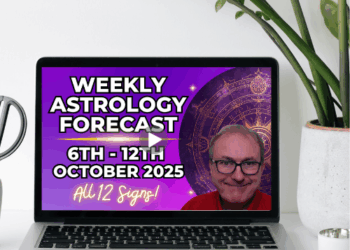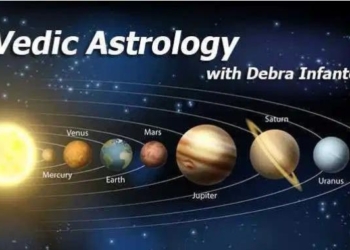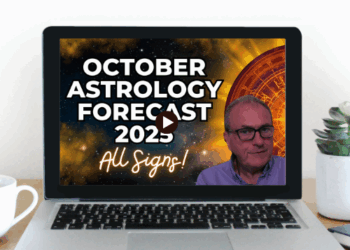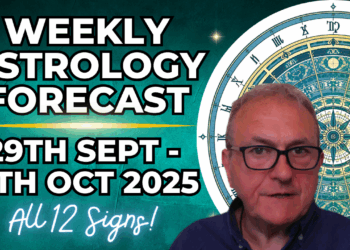
Whether you pay attention to your dreams and the symbolism within them or not, one thing we can all agree on is that they can be SUPER strange! My latest dream had me bearing my bottom to a crowd of strangers for crying out loud! And while the general meaning for dreaming of “nudity in public” is a fear of vulnerability (which I can totally relate to at the moment within a certain area of my life); I also know how my brain works (which is being as literal as possible). So, what I also got from this dream is that I really need to pay more attention to the MOON cycles so I can better organize my plans & manage my time as I’ve been struggling a bit lately with that! So funny, right? 🙂
I’ve been fascinated with dreams for as long as I can remember. And I began keeping a dream journal some years ago as well as actively learning what the general symbolic meanings behind many dreams are. This has helped me tremendously to navigate through whatever emotional issue I may have been facing at the time or just to provide some insight into something that may have been weighing heavy on my heart or simply causing some confusion. Deciphering my dreams has become a skill that I proactively refine as it seems as I age my dreams only get more strange and complex.
I realize that some people might disregard dreams as simple “malarkey of the unconscious mind” that occurs when they body is at rest; however what some might not be aware of is that while the conscious mind sleeps, the subconscious mind is wide awake at play, and science now tells us that it has a significant effect on our dreams. And since our subconscious mind is what drives us most in waking life (at least in a habitual sense), wouldn't it make sense to give our dreams a second look if they could offer us some reflection into waking life issues?
The video below explains the differences between dreams had in non-REM sleep .vs those had in REM sleep. For those of you who may be unfamiliar with the term, “REM” stands for “Rapid Eye Movement” and is the last phase of our nightly sleep cycles where our dreams are at the height of intensity and emotion. During the REM phase our bodies experience a temporary paralysis; so we can act out our dreams in the dream-state, without harming ourselves or others in the physical world. The video also shows us; however that some of us are not so lucky and are born with this part of the brain (responsible for activating the temporary paralysis) inactive and regularly act out their dreams physically, often causing harm to themselves or their spouses.
https://www.youtube.com/watch?v=VA4n1_U_XlE
What I find fascinating is that people who suffer from regular depression bypass the non-REM sleep stage all-together; they go straight into REM sleep. They are exposed nightly to extended period of intense, high emotions. So, one has to wonder if depression causes one to slip right into REM sleep or if there is some kind of chemical imbalance perhaps that causes the mind to go right into REM-sleep and thus depression is simply a by-product? Science is on the fore-front of getting to the bottom of this correlation and the medical world can no longer deny the link. While we have known for years that there is a connection between depression and sleep (or a lack thereof), I believe we are going to see just how deep this connection really is in the very near future.
So, how can we take all the wild imagery, the scary sensation and the hilarious happenings that occur in dreams and make enough sense of them so that we can apply actual meaning to our own waking lives? The first place I recommend is a Dream Dictionary. These will have general definition for the most common dream symbols and their meaning and when you write down all of the main symbols of a particular dream and really think of the message behind them all as they pertain to you personally, you just might be amazed how accurately your own mind is feeding back subconscious answers to questions you didn’t even know you had!
My personal favorite dream books and dictionaries are as follows (and are listed with recommendations for “dream decipher newbies” first, working my way down to more complex, deeper digging reads.)
- I Had the Strangest Dream…The Dreamer’s Dictionary for the 21st Century by Kelly Sullivan Walden
- The Dreamer’s Dictionary – From A to Z…3,000 Magical Mirrors to Reveal the Meaning of Your Dreams by Stearn Robinson & Tom Corbett
- Dream Dictionary – An A to Z Guide to Understanding Your Mind by Tony Crisp
- The Twenty-four Hour Mind: The Role of Sleep and Dreaming in Our Emotional Lives by Rosalind D. Cartwright
- The Art of Dreaming by Carlos Castaneda
- Lucid Dreaming: Gateway to the Inner Self by Robert Waggoner
- Dreaming the Soul Back Home: Shamanic Dreaming for Healing and Becoming Whole by Robert Moss
- Psychodynamic Neurology: Dreams, Consciousness, and Virtual Reality by Allen Hobson
My next recommendation is to start journaling your dreams. Keep a notebook and pen by your bedside so you have them handy upon waking and can write down your dreams right away. We all know how quickly we can forget dreams the longer we are awake, so it’s best to write them down as soon as possible to recall as many details as you can.
Lastly, once you have a basic understanding of dream psychology (for example, dreaming of being in a house is considered to be a universal archetype with each room representative of different aspects of yourself and different issues you are going through), take note of recurring themes in your dreams and see what underlying psychological message they may be trying to portray to you. Often times our subconscious mind fights to tell us which areas of our life need our attention, through our dreams; but of course this is not always easy to recognize through the strange and confusing symbolism. This is why it is helpful to study the mind and dream interpretation (even the basics) and after you do, you will definitely have a better understanding of not only the brain and the funky, fascinating way it works to communicate with us, but also with yourself, your true self…your inner spirit and it’s voice that often goes unheard; that which is trying to emerge and bring forth your greatest potential. Hey, they don’t call them DREAMS for nothing! 😉
“Dreams are illustrations from the book your soul is writing about you.” – Marsha Norman
Tamara Rant is a Co-Editor of CLN as well as a Licensed Reiki Master, heart-centered Graphic Designer and a progressive voice in social media activism & awareness. Connect with Tamara on Facebook by visiting Prana Paws/Healing Hearts Reiki or go to RantDesignMedia.com

















In the first paragraph, we find “bearing.” This means carrying or supporting the weight of. The phrase should read, “baring my bottom.”
In the last paragraph, we find “it’s voice.” That _should_ read “its voice.” No apostrophe.
it’s = contraction of “it is” or “it has”
its = of or belonging to it
Thanks for the dream info, especially the book list.